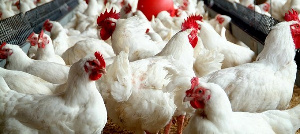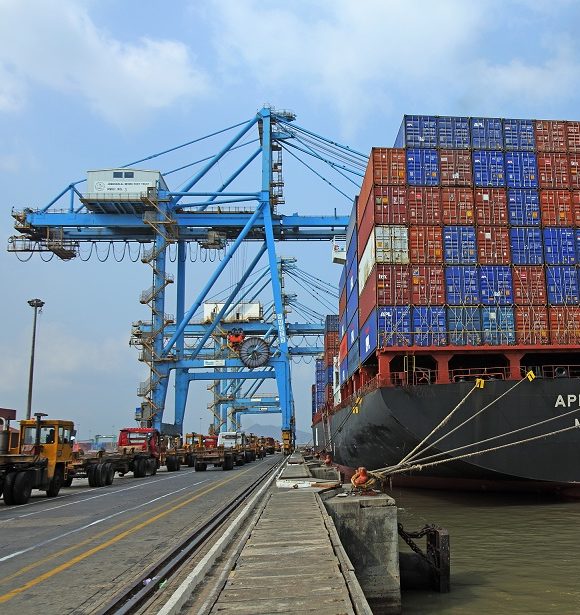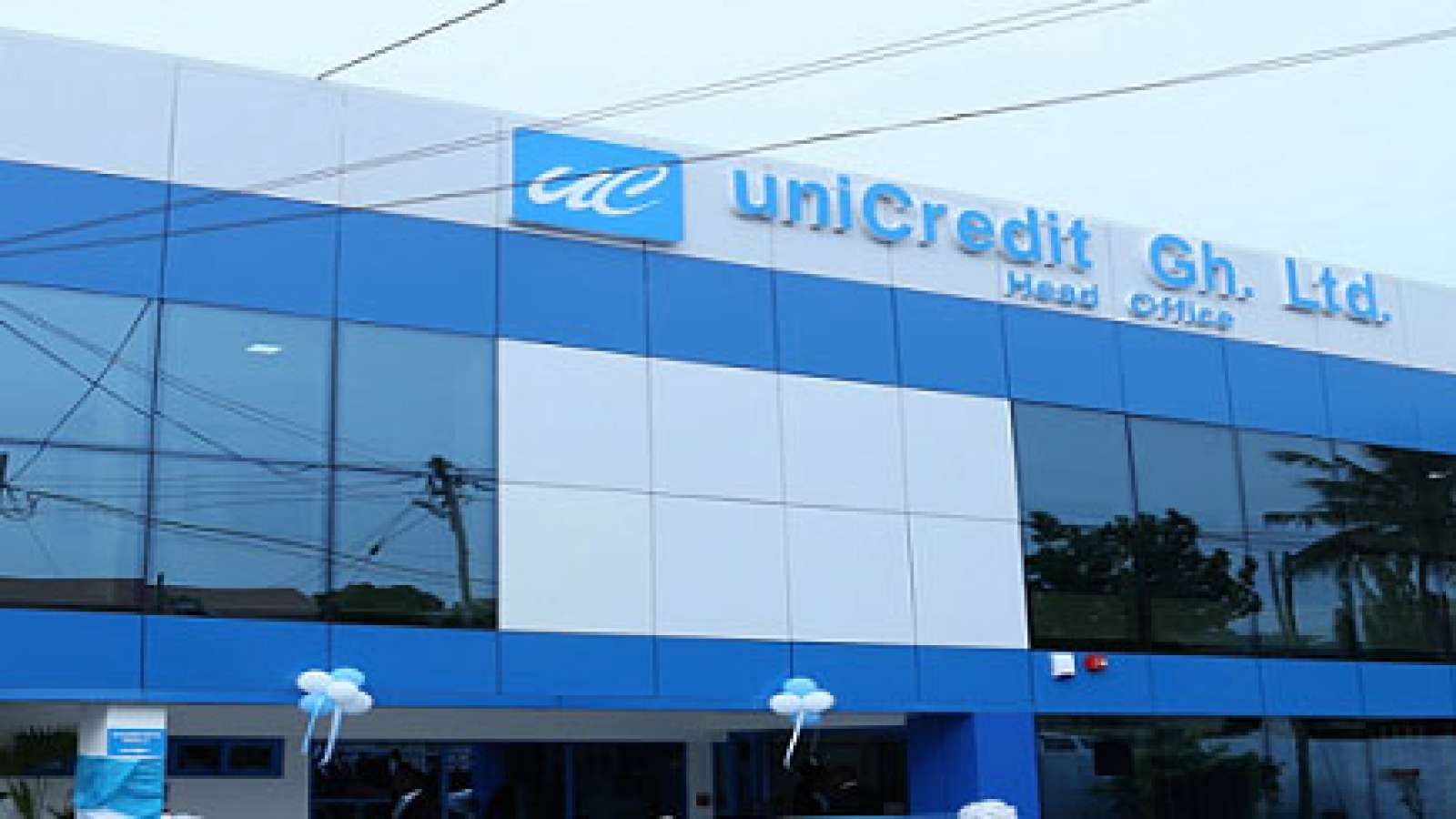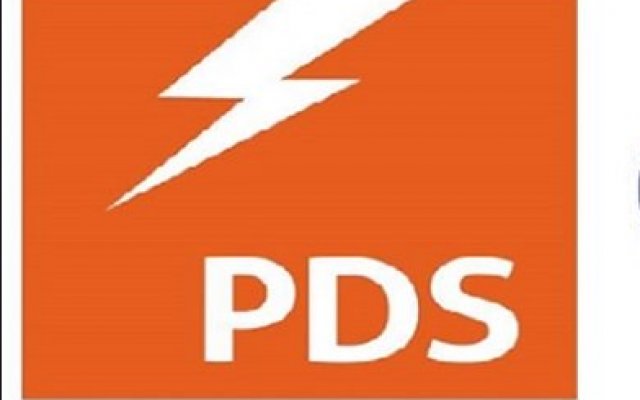Poultry farmers push for regulation of imports

Poultry farmers are pushing government to take a bold decision to regulate the importation of frozen and other finished poultry products into the country, as 500,000 crates of eggs are waiting to go bad even though players in the sector have slashed their price by some 20 percent.
This is a call being championed by the Ghana National Poultry Farmers Association (GNPFA), Women in Poultry Value Chain (WIPVAC), Greater Accra Poultry Farmers Association (GAPFA) and the Ghana National Egg Campaign Secretariat (GNECS).
Members of these four associations in the poultry value chain say they are at their wits’ end and will be forced to lay-off their staff and shut down farms if nothing is done, soonest, to address their challenges.
According to them, the troubles of the tourism, hospitality and education sectors have exposed them to serious operational difficulties, as many of their eggs stay in the farms with no buyers available.
“It is obvious to all of us that the hospitality sector is on its knees, the education sector is under a partial lock down as well – and this has affected the school feeding programme which used lots of eggs. It is a no-brainer that poultry farmers are going to find it difficult during these times of imposed restriction to stop the spread of COVID-19 in the country. We are therefore in trouble, big trouble,” the president of WIPVAC, Victoria Norgbey, told the B&FT.
Players in the sector are therefore reiterating a call for government to intervene. They are asking for some pragmatic directives to ensure the Form Three SHS students who will be resuming school will be made to take one egg a day to help reduce the number of eggs which may go waste due to their perishable nature.
They are also asking government take the bold decision to regulate poultry importation, so that farmers can move into the broiler business to sustain their operation. They said the regulation should ensure that a minimum 40 percent of the market share will be controlled by local producers – as was the objective under the ‘Broiler Project’ by government that never took off.
According to farmers, the influx of those poultry products – whose sources and quality could not be ascertained – is not only killing the local poultry industry but also poses a health threat to the consuming public.
The GNPFA is also warning that the development will trickle down to affect gains chalked up in the production of maize under the Planting for Food and Jobs, if measures are not put in place to address the challenge.
“Things are terrible. Sometimes we look at the surface of it and make it look like it is not alarming; but if you look at how it trickles down to even the maize farmers, then you get a better picture. If the eggs are not sold, we can have a situation where we throw the eggs away – meaning production cost has gone down the drain.
“This means we can’t pay for the feed that was given to the birds; and if that happens, we are not going to get money to even buy the feed. So, the man who is producing maize will not have a market. It is terrible. If we are not able to market and let the eggs go waste, the industry is going to collapse,” the Chief Executive Officer of AGLOW Farms and member of GNPFA told this paper.
He added that: “If you look at maize that is produced, over 70 percent is consumed by the poultry industry. If poultry is not functioning, maize will not have any market.”
Players in the sector also want individuals to increase their intake of eggs as they begin a ‘One Day, One Egg’ campaign. The campaign will talk to the health benefits of eggs and how they are great immune-boosters in this time of COVID-19. They also calling on corporate Ghana to help alleviate their plight by donating more eggs for vulnerable groups to help boost their immune systems.
Source: B&FT Online





